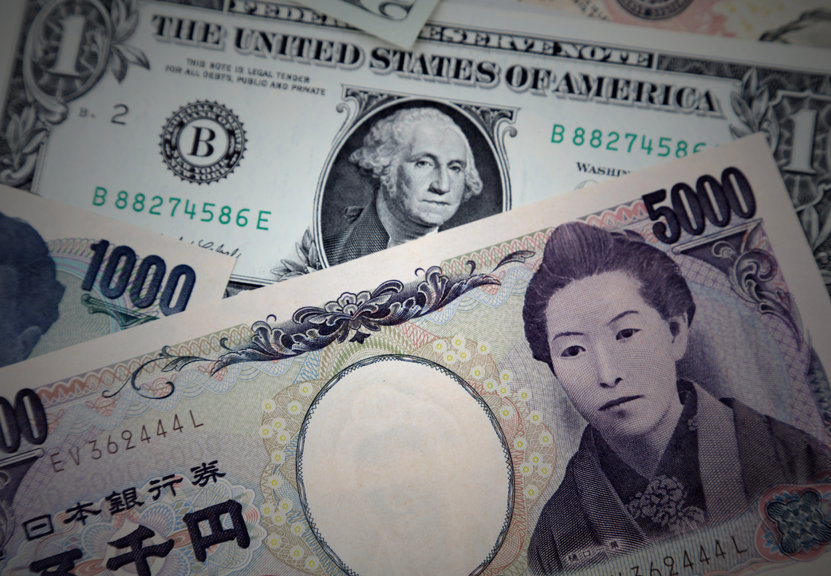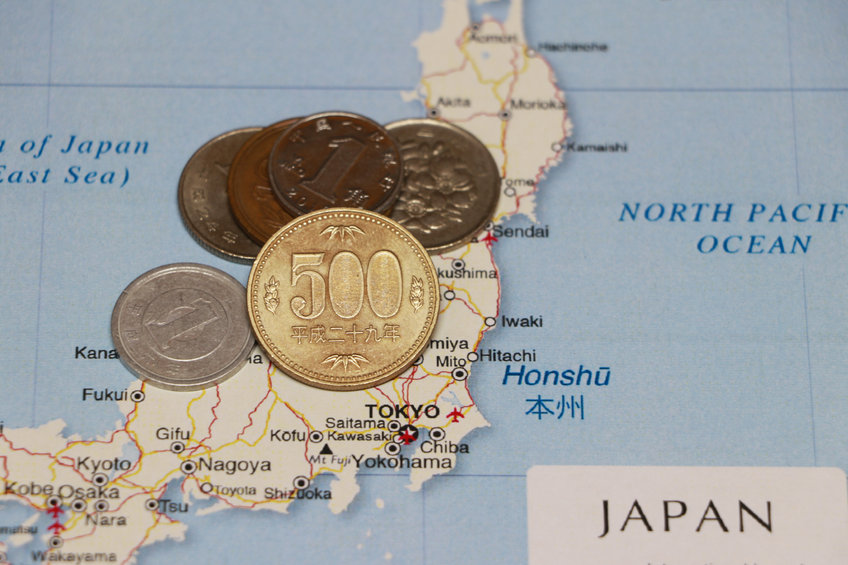Why is Japanese yen so weak?

Why is the Japanese yen so weak?
The reason why Japanese yen has dropped/depreciated
Why has the Japanese yen weakened? The Japanese yen has been rapidly weakening against the U.S. dollar in the foreign exchange market, falling as much as 25 yen against the dollar in just six months from March to September, 2022 – and hitting a record level of 140.40 yen to the dollar – the first time in about 24 years.
On October, 2022 the yen weakened on the Tokyo foreign exchange market, falling to 150.15 yen to the dollar. This was the weakest level of the Japanese currency in 24 years, since August 1998.
As of June 2023, the exchange rate is about 140 yen to the dollar.
The Japanese yen used to be considered one of the “safe haven currencies.” In the past, there have been many cases of “yen buying for safe haven.” This means investors bought the Japanese yen when war, civil strife, terrorism, or other incidents occurred and the yen appreciated each time. When a crisis such as the war in Ukraine occurred, the Japanese yen was often bought rather than sold. This time, however, that common sense does not apply. What is happening to the Japanese yen? Over the last several decades, when the global economy became unstable, the yen was often bought because trust in Japan was high.
The reasons why the Japanese yen is so weak are as follows:
- A gap in interest rates between the U.S. and Japan
- The trade deficit
- The declining national strength of Japan
What is the background of the yen’s depreciation?
Interest rate gap between Japan and the U.S.
Behind the sharp depreciation of the yen is the fact that the U.S. central bank is tightening monetary policy to curb inflation, while the Bank of Japan plans to continue its current large-scale monetary easing, further widening the interest rate gap between Japan and the U.S. This has led to a sharp decline in the yen.
The Bank of Japan continues its massive monetary easing, keeping long-term interest rates, the benchmark for corporate borrowing and mortgage rates, low. The U.S., on the other hand, is tightening monetary policy to contain historic inflation, and interest rates continue to rise. As a result, the difference in interest rate between Japan and the U.S. has widened, and investors are increasingly selling yen to buy dollars in order to invest their assets in dollars with higher interest rates.
Trade deficit
Another domestic factor is the huge trade deficit. The trade deficit is increasing amid rising resource prices due to the impact of the recent war in Ukraine. As a result, the Forex market will see an increase in transactions to sell yen and buy foreign currencies in order to make payments.
The rising prices of all commodities, including crude oil and natural gas, nonferrous metals, and agricultural products, have swelled Japan’s trade deficit. According to preliminary trade statistics for May 2022, exports increased +15.8% y/y. Imports also increased +48.9% due to an increase in crude oil, coal, and other commodities. As a result, the trade balance stood at 2,384.7 billion yen. The trade balance has been in the red for 10 consecutive months. Exports have increased for 15 consecutive months, while imports have increased for 16 consecutive months.
Japan is a country poor in resources has no choice but to import energy and agricultural products. Since the U.S. dollars are needed for imports, it is necessary to sell the yen to buy the dollar. Therefore, there is a high possibility that the yen will remain weak if resource prices continue to rise.
Decline of the national strength of Japan
Japan’s competitiveness is rapidly declining and Japanese companies have little presence in the global marketplace. While the economies of other countries are steadily growing, Japan is the only country in the unusual situation of having almost zero growth, and Japan is falling out of the ranks of developed countries.
Because the current depreciation of the yen is, in a sense, due to the structural problem of Japan’s declining national strength, the possibility exists that the trend of yen depreciation will be prolonged in the future.
Will the Japanese government try to stop further depreciation of the yen? If so, how?
One possible means of stopping the yen from weakening this time around is foreign exchange intervention, in which the government buys yen and sells dollars in the market through the Bank of Japan,
Some believe that intervention by Japan alone will have only a limited effect. Meanwhile, it is quite unlikely that the U.S. will tolerate dollar selling, which leads to higher prices in the U.S., so this plan would be difficult to implement.
At the end of April, 2022 the BOJ announced its stance to hold down the rise in long-term interest rates. As a result, the yen’s depreciation accelerated in the Forex market. However, the BOJ governor would not change his optimistic view that the yen’s depreciation is positive for the Japanese economy as a whole, and is prepared to continue the large-scale easing program. The yen is expected to weaken further in the market, as the gap between U.S. and Japanese interest rates is expected to continue to widen in the near term.











